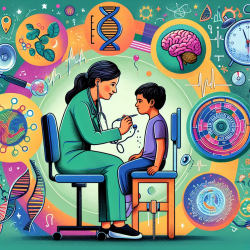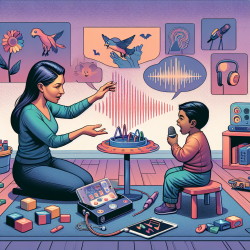The COVID-19 pandemic has dramatically altered our lives, impacting not only physical health but also our mental well-being. A recent study titled "A Complex Relationship between Quality of Life, Anxiety, and Depression among General Population during Second Year of COVID-19 Pandemic: A Population-Based Study" sheds light on these effects and offers valuable insights for practitioners.
The Study's Key Findings
This cross-sectional study was conducted on a representative sample of the general population in the Republic of Srpska during the second year of the COVID-19 pandemic. It revealed significant prevalence rates of anxiety (27.5%) and depression (20.9%), highlighting the critical role that quality of life plays as a mediating factor.
- Anxiety and Depression: The study found that anxiety had a direct impact on depression, with a bidirectional relationship between the two conditions.
- Coping Strategies: Negative coping mechanisms were directly linked to anxiety and indirectly to depression through anxiety. The absence of positive coping was also significant.
- Social Support: Poor social support was prevalent among participants (90.7%), affecting both quality of life and mental health outcomes.
Implications for Practitioners
Practitioners can leverage these findings to improve their approaches to mental health care during crises like the COVID-19 pandemic:
- Emphasize Quality of Life: Encourage activities that enhance quality of life, such as regular exercise, hobbies, and maintaining social connections.
- Promote Positive Coping Mechanisms: Educate clients about adaptive coping strategies like active problem-solving and seeking emotional support.
- Enhance Social Support Systems: Facilitate community programs that build strong social networks to provide emotional and practical support.
The Role of Further Research
This study underscores the need for ongoing research into mental health impacts during pandemics. Future studies should explore long-term effects and identify effective interventions for different populations. Practitioners are encouraged to participate in or initiate research projects that further investigate these complex relationships.
Conclusion
The COVID-19 pandemic has highlighted the intricate links between quality of life, anxiety, and depression. By understanding these connections, practitioners can better support individuals facing mental health challenges during such crises. For those interested in delving deeper into this topic, further exploration of coping strategies and social support mechanisms is essential.
To read the original research paper, please follow this link: A Complex Relationship between Quality of Life, Anxiety, and Depression among General Population during Second Year of COVID-19 Pandemic: A Population-Based Study.










